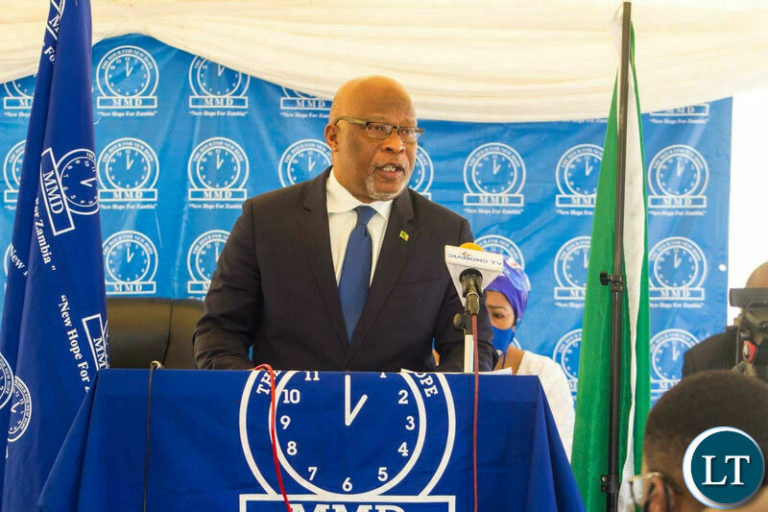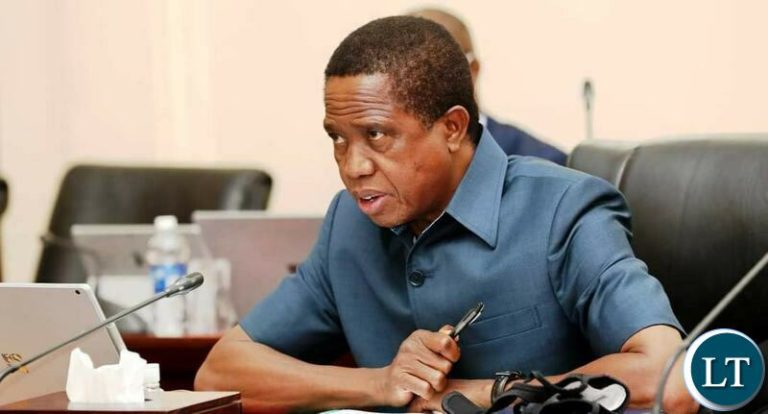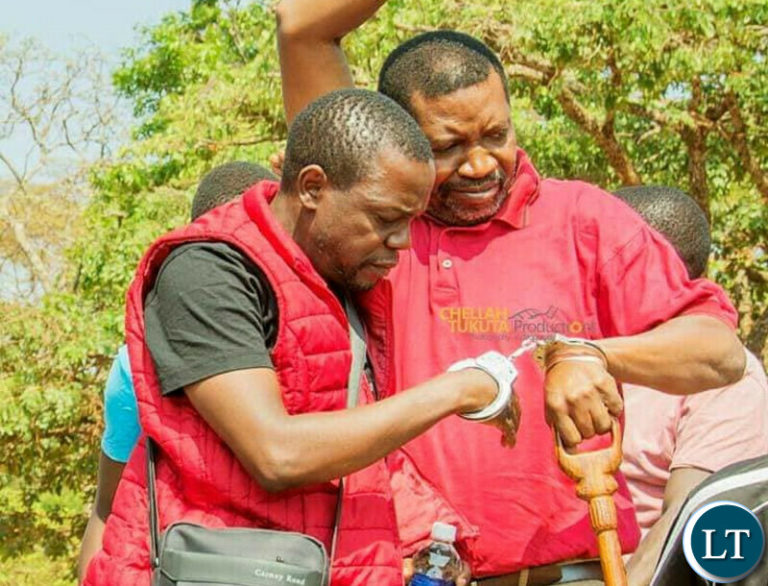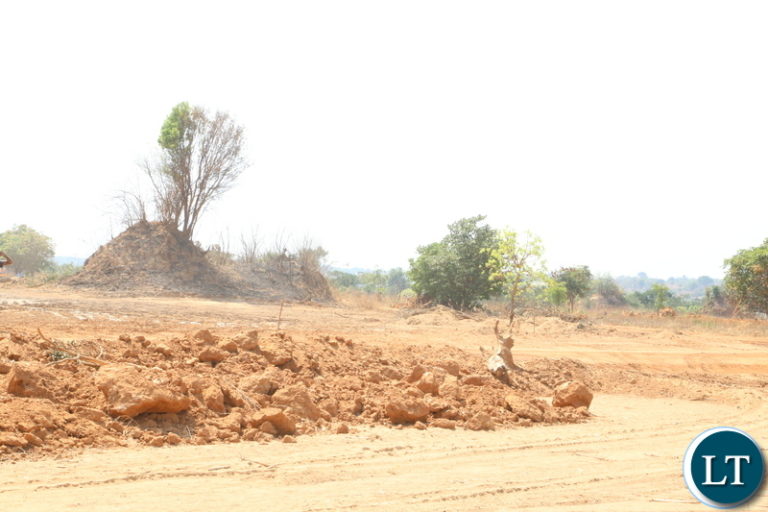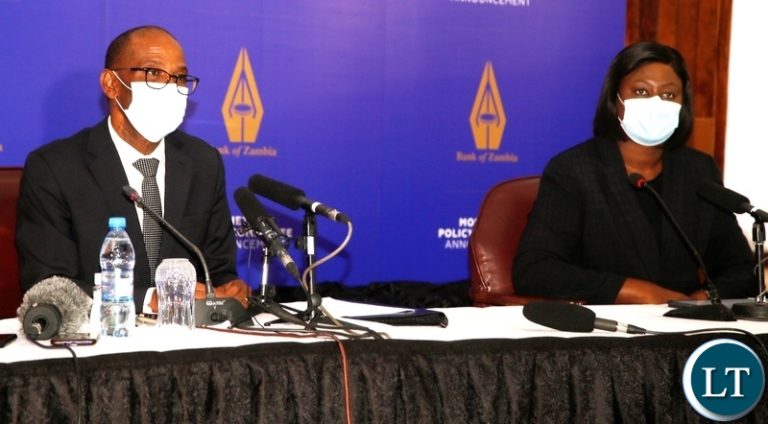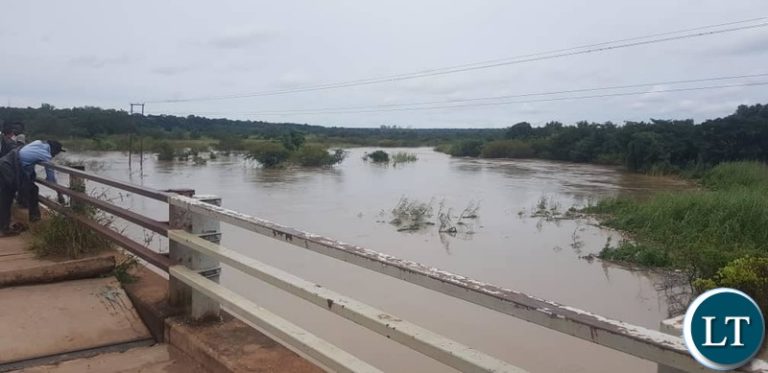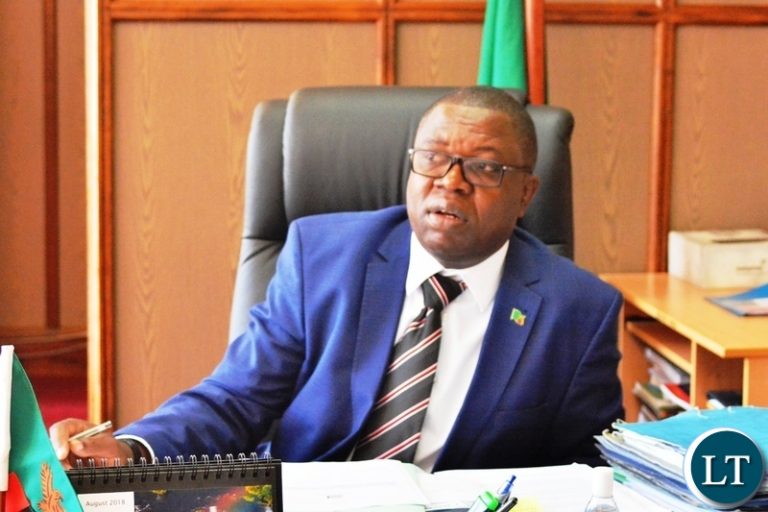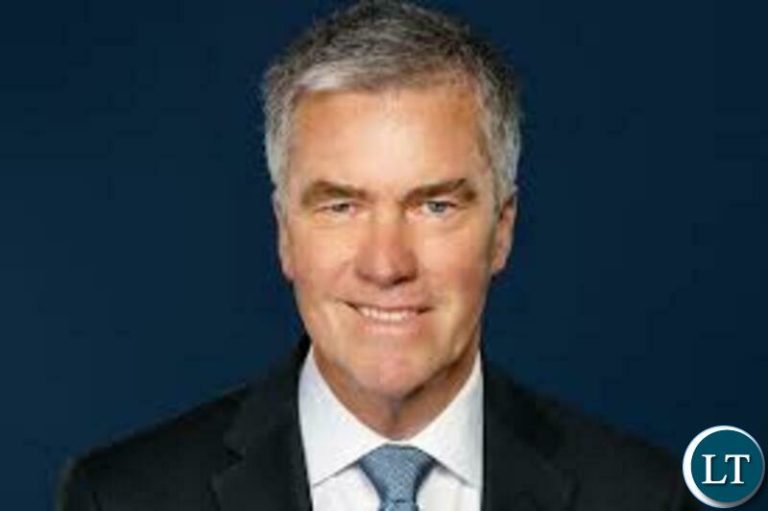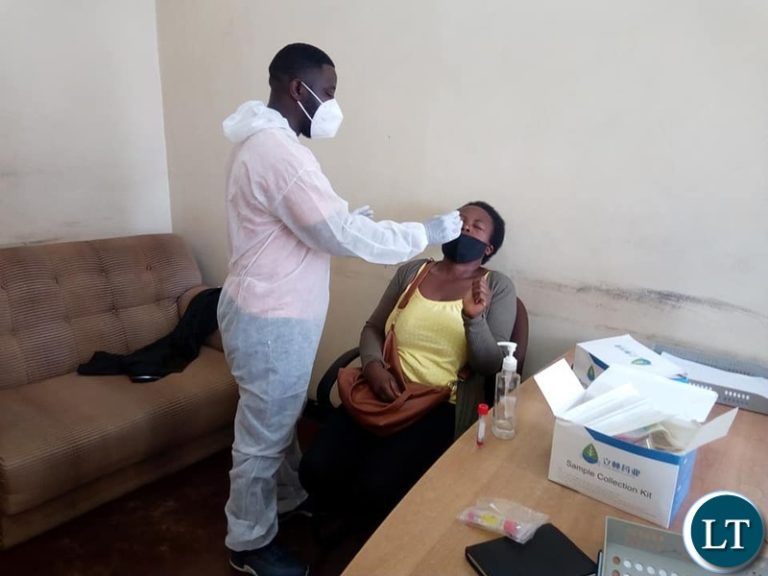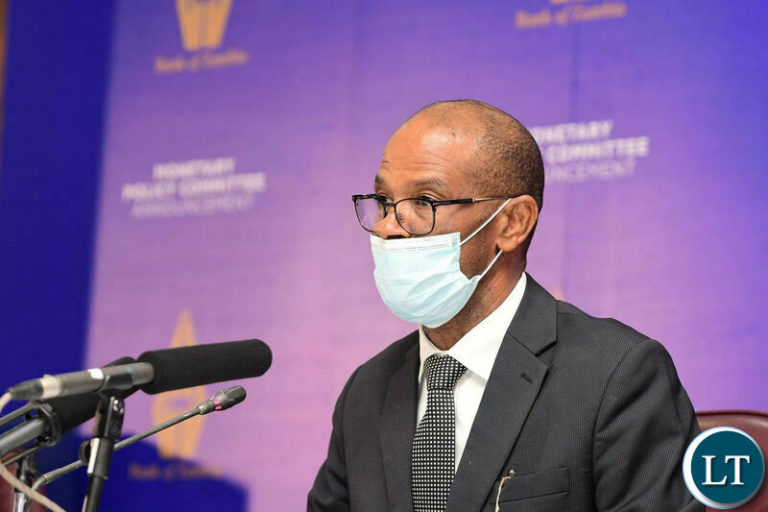Minister of Foreign Affairs Joseph Malanji says the economic diplomacy policy has strategically positioned Zambia to thrive amidst changing and challenging times of the global economy.
Mr. Malanji said the economic diplomacy policy, which was introduced in 2014, is opening more doors for investment and trade to Zambian business and wealth creation.
“We live in a dynamic and changing global environment in which countries have to strive, adapt and regularly devise new policies to address emerging challenges and find solutions necessary to promote economic progress. In this regard, the Ministry of Foreign Affairs revised its foreign policy in 2014 orienting it towards economic diplomacy,” he said.
Mr. Malanji was speaking in Chipata yesterday when he addressed a meeting at the invitation of the Eastern Provincial Administration and the Chamber of Commerce.
The meeting was meant to allow the minister to share information on how businesses in the province can utilise the Ministry of Foreign Affairs and its missions abroad to engage in international trade.
He said the Ministry of Foreign Affairs has prioritised the promotion of Zambia as a preferred country for trade, direct foreign investment and tourist destination.
“The ministry through our missions abroad dotted across the globe has continuously put huge efforts to market Zambia. This includes the facilitation for technological transfer, promotion of joint ventures such as public private partnerships, foreign direct investment and trade missions from Zambia and vice versa,” Mr Malanji explained.
And Mr. Malanji announced that Zambia has received an inquiry from Turkey that seeks to establish partnerships with local businesses in the growth of cotton supply.
“Turkey is one of the major producers of all sorts of clothing in the world. So there major interest is cotton and we have had inquiries from that country to see how they can partner with Zambian companies in the growth of cotton, and our first line of interest in this industry was the Eastern Province where we have major farmers cultivating cotton,” Mr. Malanji said.
He said government was also focusing its economic diplomacy towards regional and continental integration while forging strategic partnerships with global trade groups.
The minister said participation in these arrangements provides greater market access for Zambian products.
“The African Union is a market of 1.2 billion people with a combined GDP of over three trillion United States dollars. Zambian exporters stand to benefit from the large one Africa market, as it is being called, and as trade and investment expands this will create an opportunity for the creation of sustainable jobs and wealth,” the minister said.
And Mr. Malanji has urged businesses to engage the Zambian missions abroad to help them take advantage of the strategic partnerships with global regional trade groupings such as the Forum on China-Africa Cooperation (FOCAC), Tokyo International Conference of Africa’s Development (TICAD) and Africa Growth Opportunity Act (AGOA) for accessing markets in the USA.
He further said Zambia has established legal instruments and frameworks with Saudi Arabia and the United Arab Emirates for businesses to explore and start exporting livestock and horticultural products
“Therefore, I would wish to urge businesses wishing to expand in these markets to explore potential of penetrating these markets through the Zambian missions abroad,” he said.
And Eastern Province Minister Makebi Zulu said the region is strategically positioned to effectively trade with its neighbours Malawi and Mozambique.
He explained that it is for this reason that his office engaged the Ministry of Foreign Affairs to assist local businesses in the province to know the opportunities that exist in the area of trade through exports.
“We engaged Ministry of Foreign Affairs to enable the captains of the industry to open doors far beyond for increased trade and do business effectively to bring much needed foreign exchange to the country,” Mr. Zulu said.


